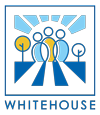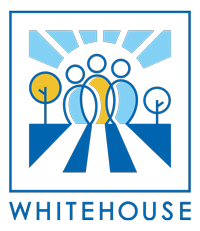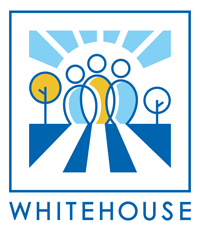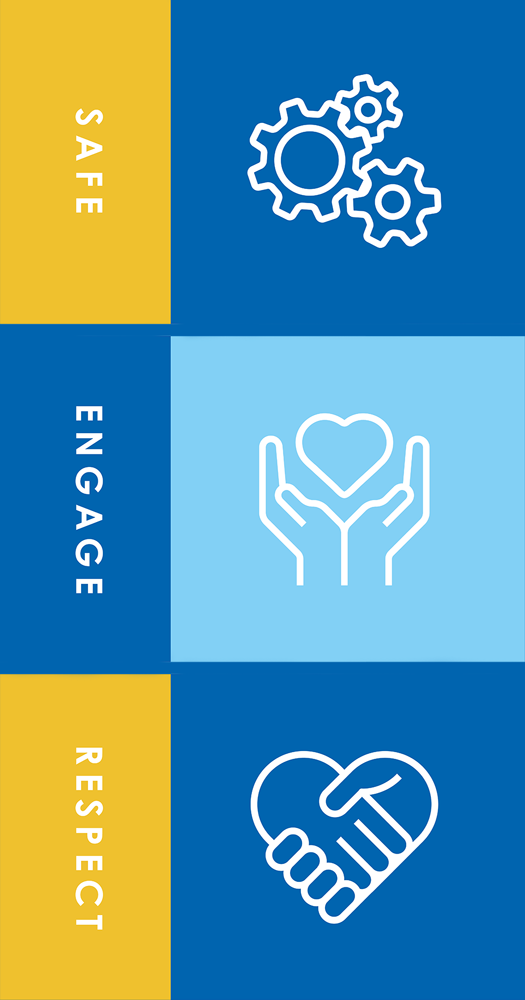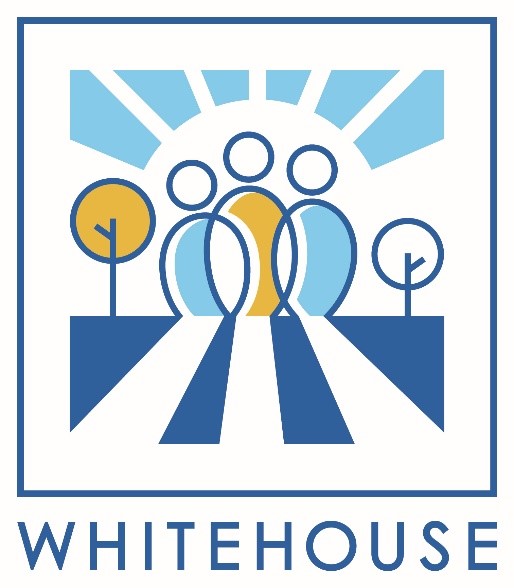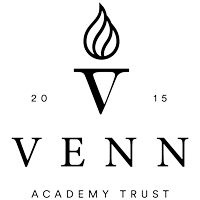Why do we teach History at The Whitehouse?
At The Whitehouse, we feel the study of history ignites the children’s curiosity and knowledge about the past in Britain and the wider world. It helps the children understand the how our local community, Britain and the world have developed over time. In this way, the children will understand how the past influences the present.
Through the study of history, we aim to give our children a context for their growing sense of identity and a chronological awareness of significant events locally and globally to become better citizens. At Whitehouse, the children will come with a different range and depth of historical knowledge. The teachers will try to engage and interest the children in the history topic being studied during their placement period.
What is the History curriculum offer at The Whitehouse?
At The Whitehouse, History is one of our core subjects and it is linked to the entire curriculum to ensure a broad and far-reaching appreciation for the past. We are aware that some of our children may struggle to retain specific facts, and information and to make connections between events in history and their consequences for the world.
For this reason, we use a variety of teaching strategies including hands on learning, using historical artefacts, primary and secondary sources, visuals timelines, visitors and visits to historical sites to help reinforce the children’s classroom learning and knowledge.
At The Whitehouse, every child has a weekly history lesson and this may be supplemented with cross-curricular lessons for example food technology, study of narratives related to the time period, design and technology and computing. We have found that often children in special schools, struggle to acquire and retain new vocabulary.
Therefore, in our lessons, the teachers regularly revisit the core vocabulary related to the topics and utilise the language in different contexts to ensure retention and understanding of any key words. This vocabulary will also be displayed in the classroom and teachers will reinforce these words by reminding the children during lessons.
To help the children develop a sense of the passing of time, chronology and the sequence of events, all classes will display a timeline related to the history period being studied. They will also have lessons that help them to sequence events to help them see cause and effect and place these events within a given time frame.
How are knowledge and skills acquired in History?
We teach the National Curriculum through focused learning objectives that support skills and knowledge progression tailored to meet our children’s needs. These ensure that skills and knowledge are built on year by year, adapted and sequenced appropriately to maximise learning and understanding for all children.
We recognise that some children may have language and communication difficulties and we as teachers will ensure that work is adapted to meet their needs.
What enrichment opportunities do pupils receive in History?
At The Whitehouse, we aim to enhance our history provision and make the lessons more accessible for all pupils and to inspire the children to engage in the history lessons. We include:
- Design more practical activities which may require collaboration, turn-taking, communication and the promotion of social skills such as building a trench as a group, from craft materials following research.
- Visits to museums and historical sites to allow the children to experience history outside the classroom, to touch historical artefacts, listen to specialists in history and to face new situations in the public.
- Invite visitors into the school, to engage the children in various practical activities for more depth of understanding of the time period. These opportunities also promote listening skills, following instructions, taking-turns, collaboration and facing new situations.
- Working closely with Heritage Learning to explore museum and artefacts loan services so the children can engage all their senses to gain a better understanding of the historical period
- We celebrate the children’s learning through sharing their historical knowledge with both their peers, their parents and the wider community through school assemblies, newsletters and social media. This supports their development of their communication skills and promotes their sense of achievement and self-esteem.
